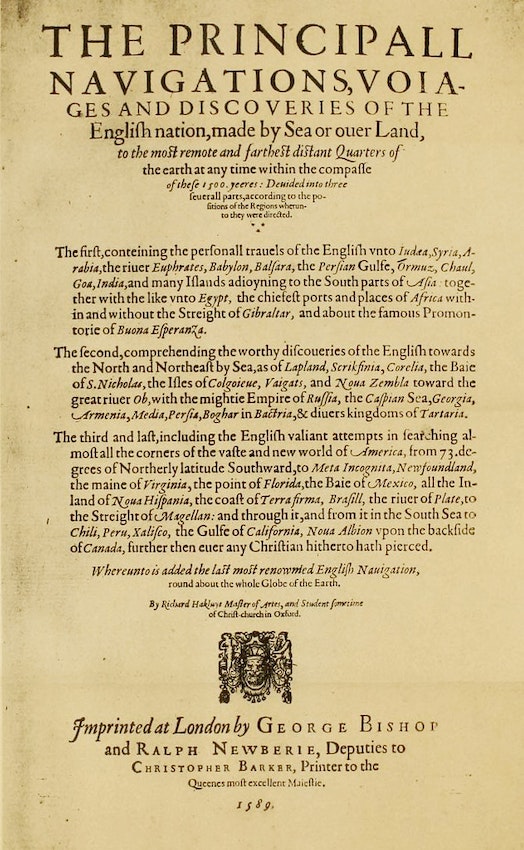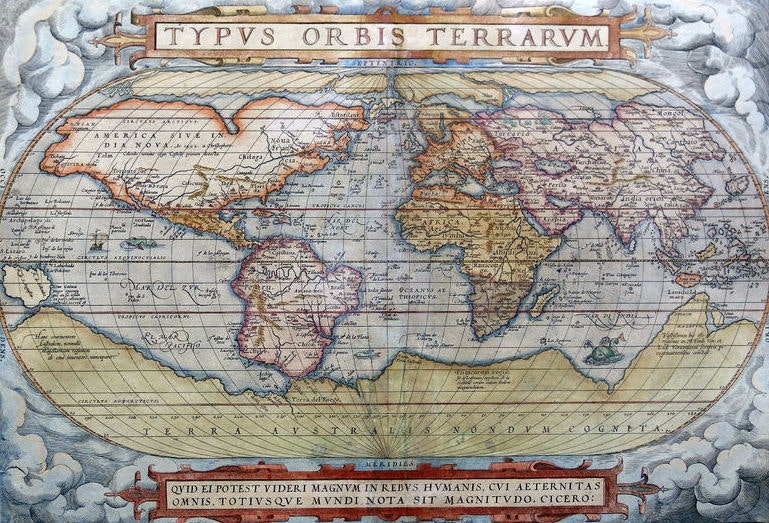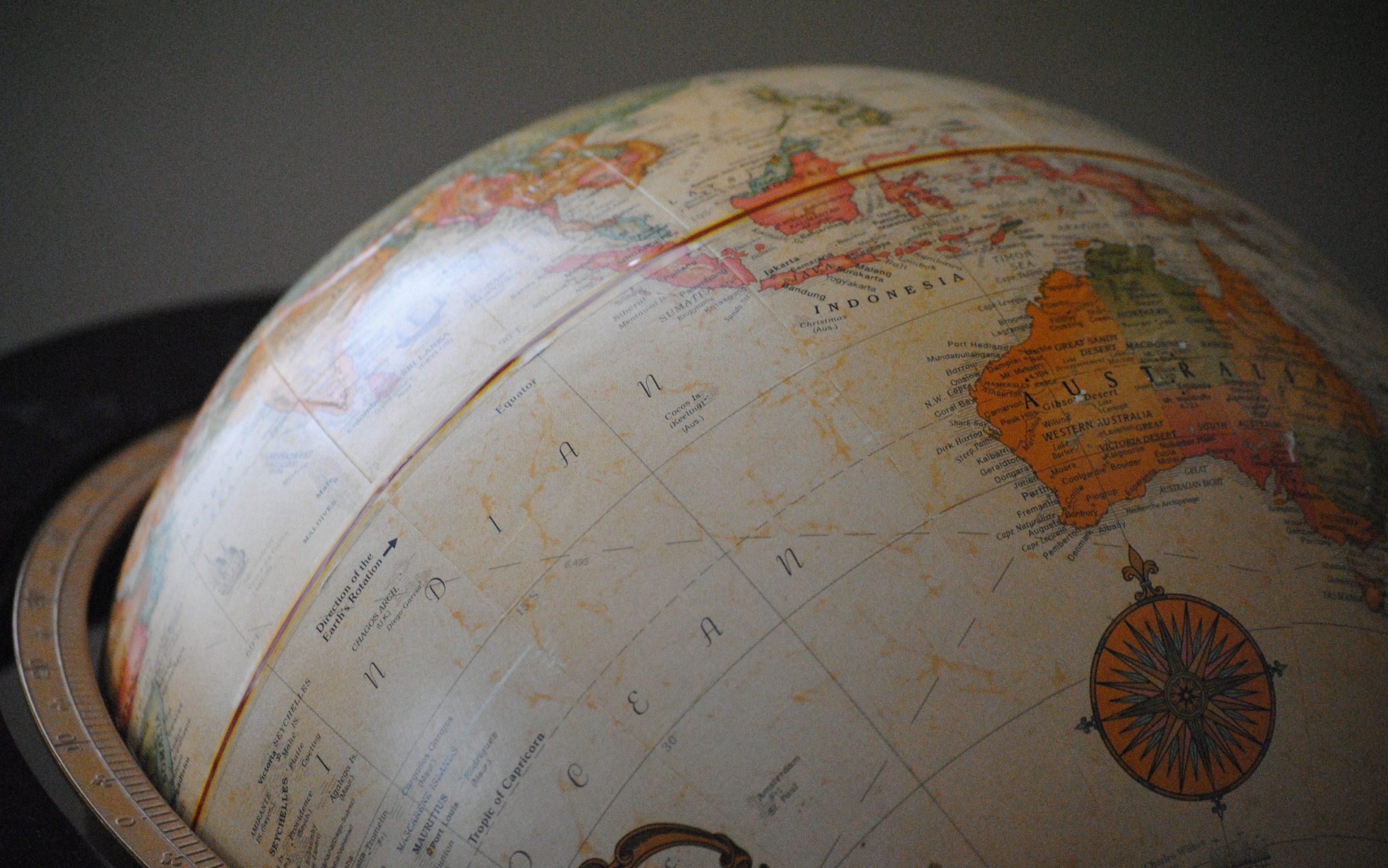Magellan Project
The circumnavigation voyage commanded by the Portuguese explorer Ferdinand Magellan and completed by the Spanish Juan Sebastián Elcano, which took place between 1519 and 1522, was the first expedition around the globe. What began to be the search for an alternative western route to the Spice Islands, or the Moluccas, in Indonesia, turned out to be one of the biggest achievements of human history, whose cultural heritage and patrimonial relevance remain to this day. Navigators faced the unknown, sailing south through the full tropical and subtropical spectrum and passing the Strait of Magellan that units the Atlantic and Pacific Oceans. Along their extraordinary journey, the explorers came across a large variety of human groups, rather different and exotic when compared to their European background.
Objective
Having as reference the circumnavigation journey and its conceptual framework of discovery of land and interaction with peoples and cultures, we proposed to study human variability across space, from Europe to America, Southeast Asia, Africa, and back to Europe, and also across time, by comparing populations and their dynamics since the early 16th century till nowadays.

Project team
Luisa Pereira, i3S; Ipatimup, Porto, Portugal
Joana Barbosa Pereira, i3S; Ipatimup, Porto, Portugal
Cristiana Bastos, Institute of Social Sciences, University of Lisbon (ICS-ULisboa)
José Santos, i3S; IBMC, Porto, Portugal
Maria Manuela Carvalho de Sousa Lopes, i3S; IBMC, Porto, Portugal
Maria Rui de Vilar Correia, i3S; IBMC, Porto, Portugal
Nicholas Miller, Institute of Social Sciences, University of Lisbon (ICS-ULisboa)
Ricardo Gomes Moreira, Institute of Social Sciences, University of Lisbon (ICS-ULisboa)
Ricaut Francois-Xavier, University of Toulouse, Toulouse, France
Verónica Fernandes, i3S; Ipatimup, Porto, Portugal
Collaborators
Nina Radovic Fanta; Universidad Diego Portales, Chile
Maureen B. De Guzman; Davao Medical School Foundation (DMSF), Philippines
Genevieve Tupas; Davao Medical School Foundation (DMSF), Philippines
Maximilian Larena; Uppsala University (UU), Sweden
Pradiptajati Kusuma; Eijkman Institute for Molecular Biology, Indonesia

How do we propose to accomplish it?
The team will characterise the populations of the stopover points that the Magellan fleet made 500 years ago. This will be done by collecting genetic and certain phenotypical data (such as skin, eyes, and hair colour, metabolism, and body proportions). The globalism of Magellan circumnavigation will allow us to catch up with the widest diversity for these phenotypic features in humans, while the comparison with native populations, as representative of the diversity found in 1519-1522, will contribute to a portrayal of the transformation that occurred in the last 500 years. We want to convey to the general public how advances in genetics inform about our recent origins, sharing a common history, in which an important part of diversity results from adaptation to different environmental conditions and selective pressures.
The historical and anthropological valence of the project will also be evaluated by developing ethnographic research on the political and cultural practises inscribed in the public memorialisation. The integrated study of memory and genetics plays an important role in the theoretical examination of perceptions of belongings in a globalized world of increased mobility.
Ultimately, the team will disseminate and develop communication activities that will include educational and artistic approaches as a way to translate the project outcomes and engage society with values of multiculturalism and equality based on diversity.
Our contribute
Magalhães voyage, regarded from different perspectives (eg time, genetics, and ethnography) can play an excellent trigger to address public misconceptions on human diversity, ranging from biology to politics. Our ultimate goal is to help debunk the racial biases and beliefs that still precede diversity in the human species, addressing public misconceptions about human diversity, from biology to politics.

List of institutions
Fundação para a Ciência e a Tecnologia (FCT)
Instituto de Patologia e Imunologia Molecular (IPATIMUP/UP)
Instituto de Biologia Molecular e Celular (IBMC/UP)
Instituto de Ciências Sociais da Universidade de Lisboa (ICS/ULisboa)
University of Toulouse, France
This project is funded by national funds through FCT – Fundação para a Ciência e a Tecnologia, I.P., under the project “CIRCNA/CIS/0142/2019”.
